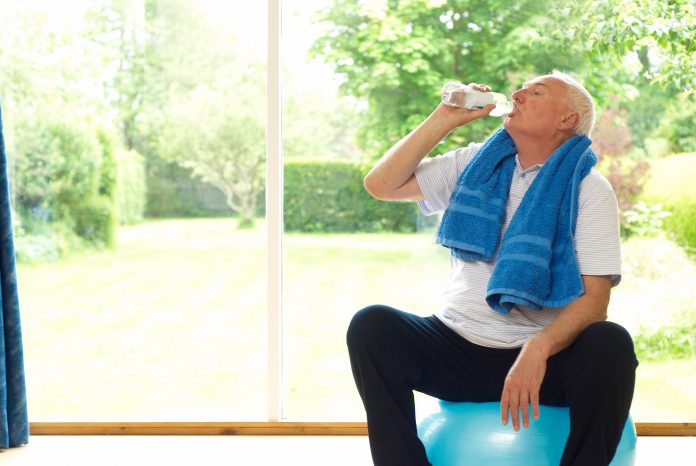Reportedly, more than 45 men are diagnosed with prostate cancer in Australia every day. While the five-year survival rate has improved from 59% in 1986 to 95% in 2019, survivors can be left with an increased risk of developing heart disease.
Despite potent anti-cancer therapies such as hormonal treatment improving survival rates, men receiving these treatments may also experience a wide range of side effects, including heart disease.
In response to this, a Melbourne-based clinical trial – the EX-HEART trial – led by researchers at Australian Catholic University (ACU) and the Baker Institute is looking to see if a targeted exercise program can improve the heart health of men with prostate cancer.
“Physical activity levels decrease following a cancer diagnosis and during the Covid-19 pandemic, it is likely these men will be moving even less, so it has been crucial to adapt our programs to offer support remotely,” says researcher, Ashley Bigaran, a PhD student at the Baker Heart and Diabetes Institute.
With Melbourne’s gyms closed for the better part of six months, Ms Bigaran has had to get creative in delivering her program. For example, she has had to switch exercise sessions to telehealth over Zoom so her trial participants can maintain their workout plans at home.
“We know the benefits of exercise during cancer treatment are clear, including improvements in symptoms such as fatigue, management of anxiety and depression, maintenance of physical function and quality of life.
“What we hope to understand better as we progress with this study is whether a targeted exercise program started at the same time as hormone treatment can reduce [the risk of developing heart disease],” says Ms Bigaran.
The EX-HEART trial has now re-started recruitment and is looking for men aged 40-plus beginning hormone treatment for the first time.
Participants in the trial have the chance to take part in a three-month exercise program, supervised by accredited exercise physiologists who specialise in prostate cancer.
They will also receive comprehensive cardiovascular screening before treatment, and three and 12 months after.
For more information about the EX-HEART trial, visit: baker.edu.au/research/clinical-trials/exheart-trial.









